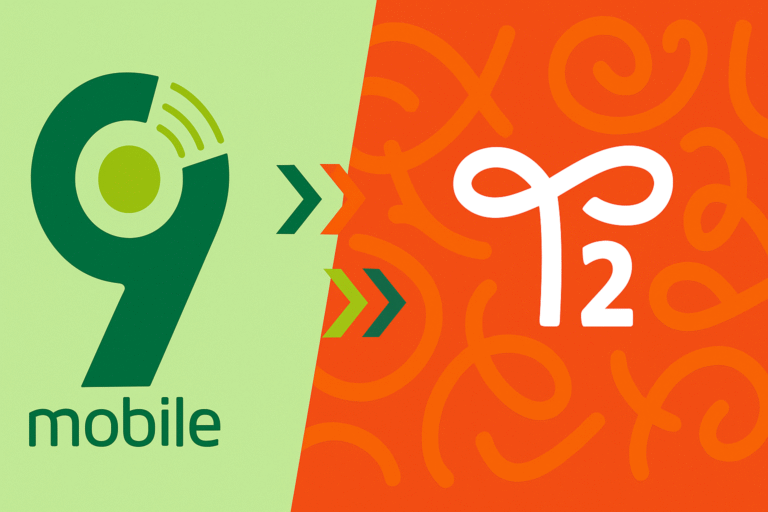To protect users from predatory lending practices, the Federal Government have recently implemented new regulations for digital loan apps.
This decision was made shortly after the Nigerian Government licensed 117 digital loan apps to provide services to citizens. The implementation of these regulations aligns with the Nigerian government’s recent actions to prevent loan app companies from encroaching on customers’ privacy.
According to a report by TechCrunch, Google’s new policy will be implemented from May 31st, and will prevent loan apps from accessing sensitive user information such as photos, videos, contacts, precise location data, and call logs.
Google has stated that only digital money lenders who have complied with the Limited Interim Regulatory/Registration Framework and Guidelines for Digital Lending, 2022 (which may be subject to future amendments) by the Federal Competition and Consumer Protection Commission, and possess a verifiable approval letter from the FCCPC will be permitted on the Play Store in Nigeria.

Babatunde Irukera, the CEO of the Federal Competition and Consumer Protection Commission (FCCPC), praised Google’s new policy, stating that it is a commendable move that demonstrates the company’s commitment to institutionalizing regulatory policies.
He further commented that Google’s policy aligns with the position taken by the FCCPC and its enforcement efforts, which is important for proper regulatory oversight of the digital lending industry.
Irukera noted that Google’s decision to institutionalize the regulatory priorities and position of the FCCPC is a positive development that shows the company’s support for regulatory efforts in Nigeria.
Nigerians have experienced harassment from loan apps, with reports of defamatory messages being sent to their contacts and confidential data leaks. These recent regulations signify a step towards creating a safer environment for citizens who rely on digital loan apps for financial services.




